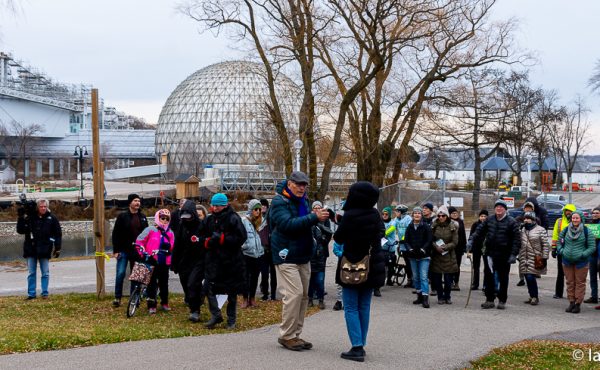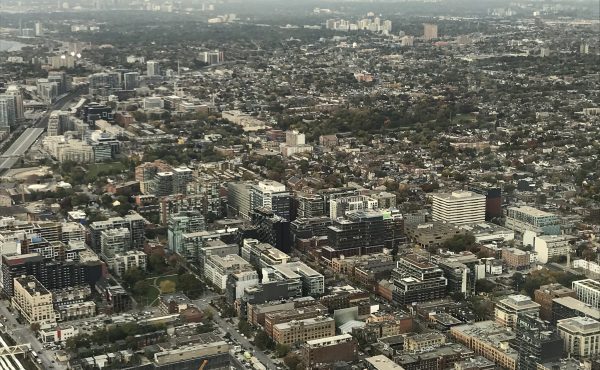
Cross-posted from Eye Daily.
With the vote on Toronto’s new “revenue tools†out of the way, the city can finally start concentrating on other issues. A big one that didn’t get nearly as much attention as it deserved during the provincial election — though many have deemed it a crisis — is affordable housing. Today, the city released a framework called Housing Opportunities Toronto (HOT), with the goal to develop a 10-year blueprint for meeting Toronto’s affordable housing needs. The public have been invited to comment on this document so that, much like the with city’s recent climate change plan, everyone will have the opportunity to make sure that city council ultimately approves a framework that works.
It’s wonderful to see the city finally pull together a plan on this issue. Some of you might recall that over a year ago, the Wellesley Institute released it’s own 10-year Blueprint to End Homelessness in Toronto. The idea was to push all three levels of government to at least adopt a similar strategy by showing how it could be done — including how governments could afford it. The Institute offers a backgrounder on Toronto’s HOT plan on their website (PDF). FYI, its take on the city’s plan is pretty positive: “the debate has shifted from whether Toronto needs to do something to what Toronto needs to do.”
Toronto’s HOT framework makes a strong case for why providing and maintaining affordable homes is an issue everyone should rally behind. To begin with, affordable housing is important to keeping “key workers†— low income earners who provide vital services in areas such as the service industry, retail, hospital or clerical work — in the city. These workers may be able to afford to buy homes outside of Toronto, where prices are much cheaper, but as the cost of housing continues to rise (the average home is now over $350,000) settling in Toronto is not a choice everyone can make. According to the Toronto Board of Trade, “along with other infrastructure components, [affordable housing] determines whether or not businesses locate or expand their operations here and influences the willingness of employees and their families to move to or remain in the City.â€
Providing affordable housing has implications for the environment as well. If a growing number of our workers have no choice but to drive into the city, reducing the amount of pollution created by cars won’t be easy. The environment also comes into play when considering the maintenance backlog for social housing. In addition to broken appliances, faulty pipes and a host of other unthinkable problems, many of these homes are not energy efficient, and collectively emit a significant amount of CO2.
And then there’s the connection between adequate housing and people’s health. When you don’t have to worry about paying the rent or whether or not your landlord will fix your leaky ceiling, you have more time and energy to feed and clothe your family, which, of course, keeps them healthy. Children with stable housing also fare much better in school. According to a recent city report, at least 3,500 children are living in Toronto’s shelters at any one time.
Though the city’s 10-year plan is full of ideas Toronto itself can implement, the HOT plan includes pressuring the provincial and federal governments to do their share. For starters, it calls for a national housing strategy from the feds and the uploading of $213 million annually in downloaded social housing costs from the province. Between now and 2030, scheduled federal funding for affordable housing is slated to drop as programs come to an end. Clearly, we can’t let things get any worse than they already are — over 50,000 households are on the “active†waiting list for social housing; more than 100,000 households spend more than 50 percent of their income on rent; and over 800 people live outside.
For information on community consultations visit the city’s website or call Kim Robinson at 416-397-4169. To comment on the HOT Affordable Housing Framework, e-mail the city at: HOT@toronto.ca.
photo by Bouke Salverda



